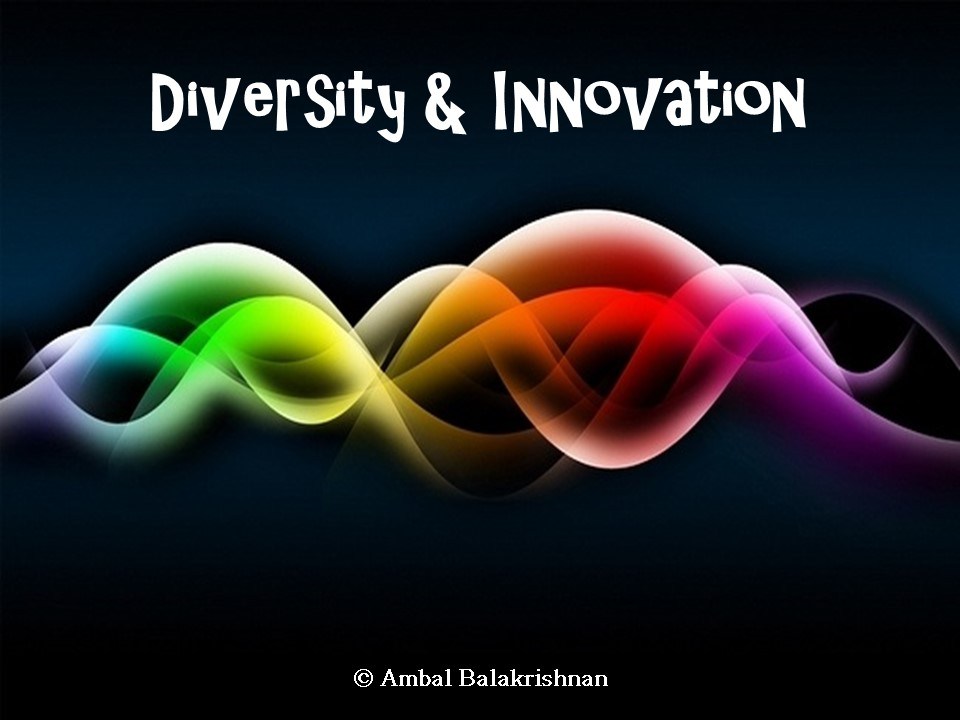Harvard Business School professor Clayton M. Christensen states that The Medici Effect is “One of the most insightful books on innovation I have ever read.” Clayton himself is a brilliant author and renowned expert on innovation. I have read many of his books and gotten so much of out it. So, I took Clayton ‘s advise and dug into The Medici Effect.

“The Medici Effect” is a term coined by Frans Johansson and used throughout various industries to describe innovation that happens when disciplines and ideas intersect.
What is The Medici Effect?
The Medici Effect is a phenomena of innovation that occurs at the intersection of multiple fields, disciplines and cultures, by combining existing concepts to create extraordinary new ideas.
The name of the book is derived from the Medici Dynasty, an Italian banking family that came to power in the 14th century. The family’s wealth was able to support artists that led to The Renaissance. The book looks at examples of how Renaissance painters, sculptors, poets, philanthropists, scientists, philosophers, financiers, and architects, shaped historical eras of innovation. The Medici family did not intend the Renaissance, but contributed to it with what Johansson coins as the “Medici Effect”.
If you are a curious person like me, you are gonna wanna know everything there is about the Medicis. So, start here: 7 Things You May Not Know About the Medicis
Check out this great summary: 5 Things Frans Johansson says about innovation
Johansson argues that all new ideas are just combinations of old ideas. In the realm of social innovation, this means that collaboration with people from different backgrounds is the key to success. Read: The Medici Effect’s Frans Johansson On The Intersection Of Innovation And Social Change
“Cultural diversity does not only imply geographically separated cultures. It can also include ethnic, class, professional, or organizational cultures. The mere fact that an individual is different from most people around him promotes more open and divergent, perhaps even rebellious, thinking in that person. Such a person is more prone to question traditions, rules, and boundaries—and to search for answers where others may not think to.”
― Frans Johansson, Medici Effect: What You Can Learn from Elephants and Epidemics
Sources:
http://medicieffect.com/
https://en.wikipedia.org/wiki/The_Medici_Effect
Also published on Medium.
Originally published at ambalbalakrishnan.com


